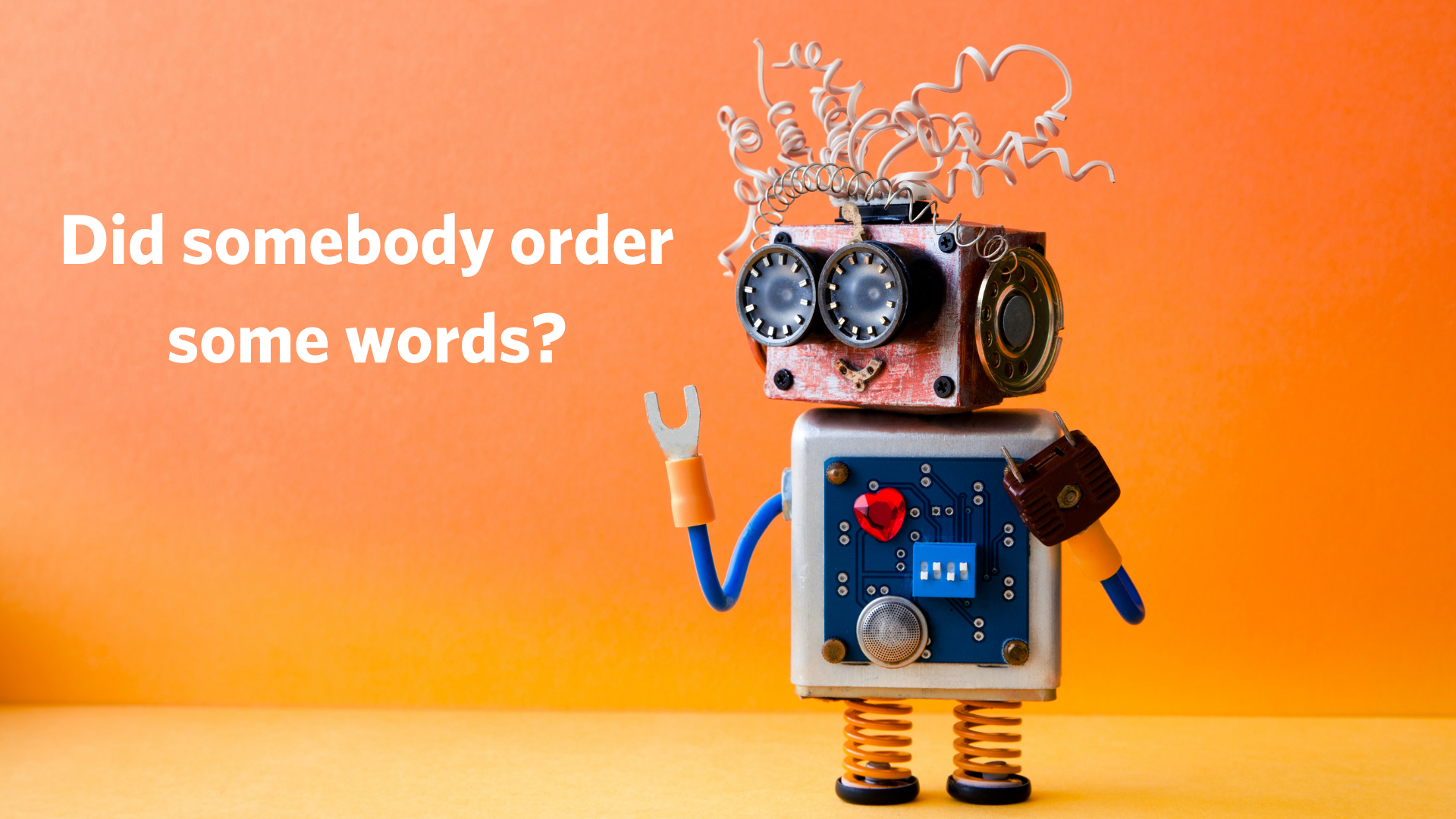The question of how Google looks at AI-generated content came up in a recent “SEO Office Hours” Google Hangout with Search Advocate John Mueller.
AI-generated content is nothing new. The Associated Press has been using the Wordsmith platform from Automated Insights since 2015. This has helped AP generate fast reports on quarterly financials as well as sporting events.
In fact, in the Automated Insights case study about their relationship with the AP, they say “Wordsmith transforms earnings data from Zacks Investment Research into a publishable AP story in a matter of seconds” and boasts about how their platform helps the AP produce “4,400 quarterly earnings stories, an almost 15-fold increase over its manual efforts.”
Considering the wide use of AI content, the SEO community was rather shocked when Mueller responded to the question about how Google sees AI content with the following:
“For us these would, essentially, still fall into the category of automatically generated content which is something we’ve had in the Webmaster Guidelines since almost the beginning…if you’re using machine learning tools to generate your content, it’s essentially the same as if you’re just shuffling words around, or looking up synonyms, or doing the translation tricks that people used to do…”
What Mueller is saying is that Google is looking at AI writing tools the same as the spamming synonym-word-replacement scripts that scraper sites used to use in the early 2000’s.
Is AI content an option for law firms?
In the words of Dr. Ian Malcolm in Jurassic Park, “Your scientists were so preoccupied with whether they could, they didn’t stop to think if they should.”
As a law firm, automated content is risky even without the threat of a Google penalty. We ran some tests on an AI content generation tool to see what kind of content a robot could write about basic car accident topics.
Test one: What to do after a car accident?
Inputs: The title and a few keywords car accident and personal injury lawyer keywords.
AI Generated Paragraph:
“If you've been involved in a car accident, there are a few steps you should take to ensure that you're protected. First, it's important to seek medical attention, even if you don't think you've been seriously injured. Many injuries, such as whiplash, may not be immediately apparent. Second, you should contact a personal injury lawyer to discuss your legal options. A personal injury lawyer can help you navigate the often confusing world of insurance claims and personal injury lawsuits. Finally, it's important to document the accident as much as possible. Take photos of the damage to your car and get the contact information of any witnesses who saw the accident. By taking these steps, you'll be in a better position to protect your rights and get…”
While not terrible, it is a little generic and it also left the last sentence incomplete. But the recommendations of what to do after a car accident were solid. Plus, we ran the paragraph through the Copyscape plagiarism checker and the paragraph got zero hits meaning it’s completely unique.
But what happens when we try to answer a legal question?
For our next test, we submitted the following question to see what sort of legal advice our robotic friend would give your visitors:
Test Two: What is the maximum compensation for car accident injuries in Florida?
Inputs: New title but same keywords.
AI Generated Outcome:
“Car accident injuries can be extremely costly, both in terms of personal suffering and financial damages. In Florida, the maximum compensation that can be awarded for car accident injuries is $10,000. This limit applies to all types of injuries, including personal injury, property damage, and death. The maximum compensation that can be awarded for all car accident injuries combined is $20,000. If you have been injured in a car accident, it is important to contact a personal injury lawyer or car accident lawyer as soon as possible. An experienced auto accident attorney will help you maximize your compensation and get the justice you deserve.”
Now we have some pretty serious factual errors.
The maximum compensation in Florida is not $10,000. In fact, it’s about 3 times your combined damages which would include medical expenses, maybe loss of work, or things of that nature. Long story short, it is definitely NOT $10,000. If you were letting the bots blindly advise your prospective clients, you would most certainly end up sharing factually inaccurate data.
Bots… What Are They Good For?
Google says AI content is spam. The AI demo above shows a risk of factual errors. So should you abandon AI altogether when producing content for your law firm?
Not exactly. AI tools can be beneficial for content-related tasks such as topic generation and discovery, grammatical corrections, and web page organization. You can also apply style guides to your editing tools which will help keep your tone consistent across all types of media.
Custom Legal Marketing’s human writing team produces unique, researched content and then we lean on AI tools to act as a separate set of eyes for typos, ensuring unique phrasing, and making sure the flow of the content makes sense. This happens before getting a human edit. But the creative output is entirely human-generated.
AI has its place in your law firm's marketing and SEO strategy. But when it comes to content generation, the facts are too critical to let the machines become your chief content officer.

